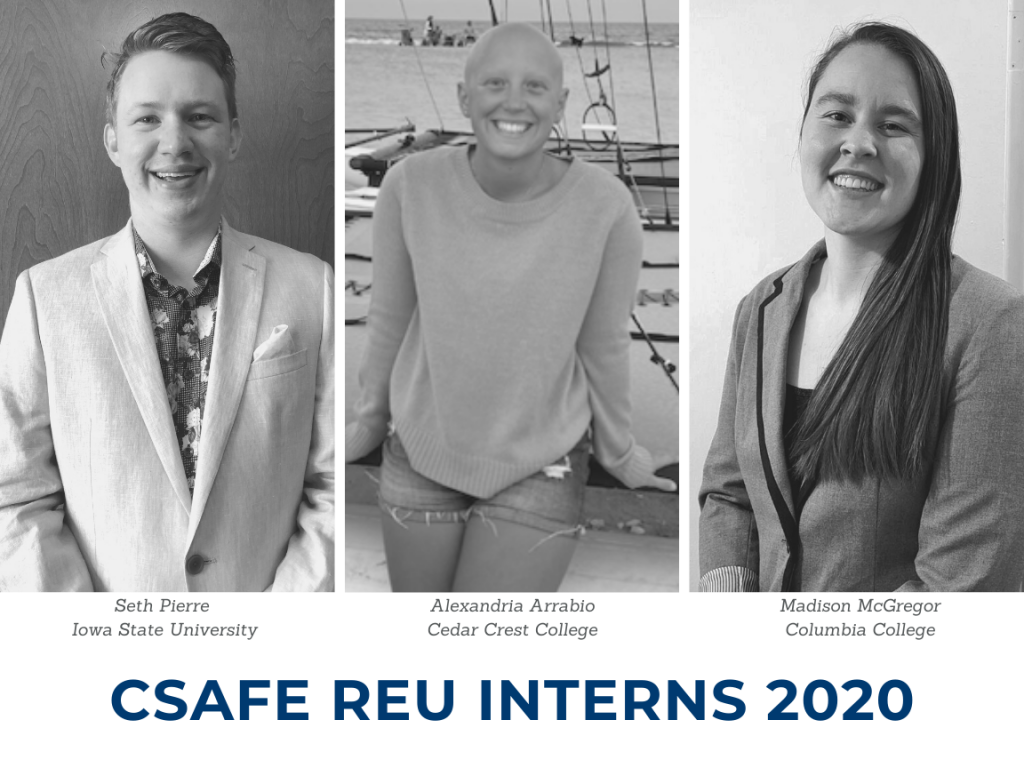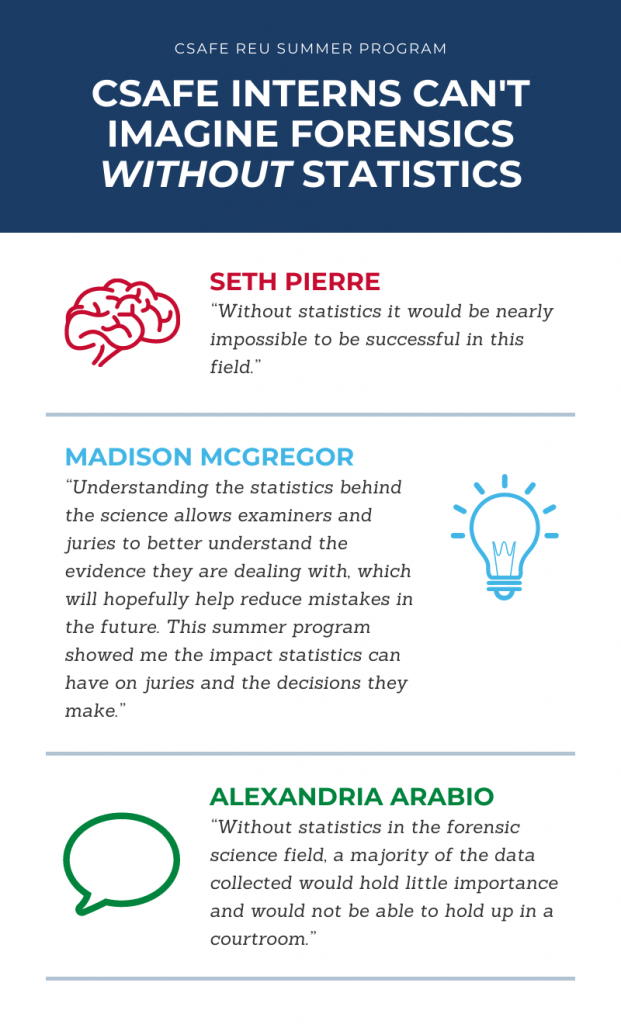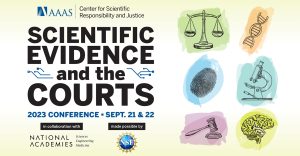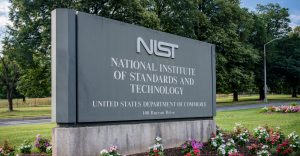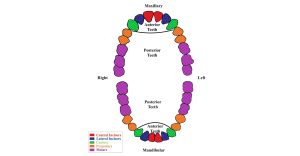COVID Turns Cancellations into Opportunity
Seth Pierre, a rising junior at Iowa State University, believed his summer plans were cancelled because of COVID-19 –– until his research professor, Dr. Newman, told him about the CSAFE Undergraduate Research Experience (REU) program.
“I would not have done REU if it weren’t for COVID,” said Pierre, an electrical engineering major. “My original internship got cancelled.”
CSAFE’s ability to pivot in the face of a national health crisis allowed three students to gain firsthand knowledge and high-level research opportunities through it’s REU summer internship program geared toward undergraduates with an interest in forensic science. Created to forge connections between students and CSAFE researchers while educating potential forensic science professionals about the value of statistics in forensic research, REU, to date, has hosted almost 40 students.
Students like Pierre, who continued an ongoing research project on steganalysis with Dr. Jennifer Newman of Iowa State University, and who plans to use his engineering degree to pursue a career in digital forensics or intelligence work. All three interns worked closely with CSAFE researchers and staff, then created and presented posters about their research outcomes at the end of the summer.
“It was a great experience to improve my technical skills as a researcher,” Pierre said. “And, improving my technical writing and presentation is very important for me since it can be hard to explain more advanced ideas to [lay] people.”
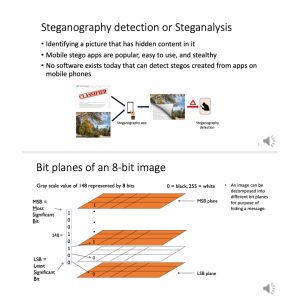
The Intrinsic Value of Internships
There is an ever-growing demand for forensic examination and forensic research. But many students might not realize the opportunities available in the forensic science community, or they might not yet have had the ability to come alongside practicing researchers in the lab to see science-driven forensic research in action. When CSAFE formed in 2015, a major goal was to increase hands-on research experiences and increased training in statistics for undergraduates.
Multiple studies show that well designed internships help students decide between different career paths, boost students’ employment chances, and provide employers with early access to a qualified future workforce. Exposing students to the value of statistics, and how to apply their skills and intellect to forensic research and forensic practice, provides an excellent pipeline of talent into the field. This is why CSAFE is placing even more emphasis on supporting and creating educational offerings for all levels of students as it enters its second five-year term as a NIST Center of Excellence.
“Even with the call to action a decade ago, there is still much to be done and every little bit of research contributes to the betterment of the field and to justice,” said program participant Madison McGregor. “Through my work with SOPs [this summer], I learned that the system is not as perfect as it seemed learning about it in a classroom setting, and I think research like this can have a huge impact.”
CSAFE Program Manager Stacy Renfro and CSAFE Education and Training Coordinator Harlie Jud utilized this knowledge when they adjusted the REU program from an in-person experience at Iowa State to a virtual one, hosting weekly meetings and coding classes. All three students walked away with working knowledge of coding language R, and these times together “were a highlight of each week,” according to McGregor.
Challenging Times Create New Research Interests
McGregor, a rising senior studying forensic science with an emphasis in biology at Columbia College in Columbia, Missouri, set her sights on a CSAFE internship after attending a conference her sophomore year where CSAFE Director Dr. Alicia Carriquiry presented. Dr. Carriquiry took the time to enjoy lunch with McGregor and told her about the opportunities CSAFE offered promising undergraduates.
While the program had to shift to a virtual format, McGregor said, “This change allowed me to research an interesting topic I otherwise may not have found.” The topic in question has major implications: McGregor joined a team examining eight forensic labs to determine adherence to OSAC-proposed laboratory standard operating procedures. The project, still ongoing, has expanded to include fifteen labs across the nation.
“Even though my time as an REU was spent on a laptop from home, I always felt like someone was there to guide me along,” said McGregor. “The people involved in all aspects of CSAFE are highly intelligent and interesting to interact with.”
Looking to A Future Beyond REU
Encouraging interactions between CSAFE researchers and staff and REU interns reflects the greater body of data showing that intern programs with involved supervisors positively impacts the long-term career outcomes of internship completers. In many studies, former interns earn higher GPAs, gain employment more quickly post-graduation and at higher salaries than those who forgo the internship experience.
Past CSAFE internship students and their advisors have reported back that students gained valuable knowledge during their two-month long visits, learned new skills (e.g., programming in R), made professional connections and brought back valuable insights to their home institutions. REU intern Alexandra Arabio, a rising senior at Cedar Crest College in Allentown, Pennsylvania majoring in forensic science and biology, exemplifies how the transfer of knowledge from CSAFE labs to undergraduate studies benefits the forensic community.
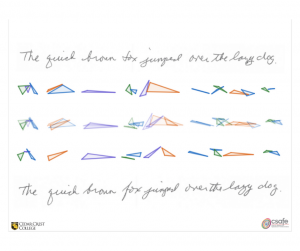
“I was able to learn a lot about the program R, R coding, statistical applications, random forests, and so much more,” said Arabio. “This summer I was able to take large steps towards automating the method for handwriting analysis that I have been trying to formulate using Kneser Graph Triangles and their decomposition.”
Arabio connected with CSAFE because the CSAFE Footprint Group presented at a forensic science conference in California in 2019 that her professor, Dr. Lawrence Quarino, attended. The group’s discussion of similarity scores reminded him of Arabio’s research with handwriting, so he reached out to Dr. Alicia Carriquiry to connect the two. The rest, said Arabio, “is history. I presented a brief overview of my research project… and I was offered an REU position with CSAFE and it was such a unique, exciting opportunity, I couldn’t turn it down!”
Seth Pierre, Madison McGregor, and Alexandria Arabio all intend to pursue postgraduate studies and then begin careers in the forensic science field. These decisions were all bolstered by their time spent with CSAFE as summer interns.
“The best part of my time at CSAFE was meeting so many different people and hearing about all of the advancements everyone made throughout the summer,” Arabio said. All three 2020 interns shared similar encouragement that their undergraduate peers apply for the REU program next summer.
To learn more about CSAFE’s learning opportunities for students, or to apply for REU, click here.
A research poster that was originally published with this article was taken down on Dec. 2, 2020. CSAFE is working with the researcher to update and publish a new version of the poster soon.

